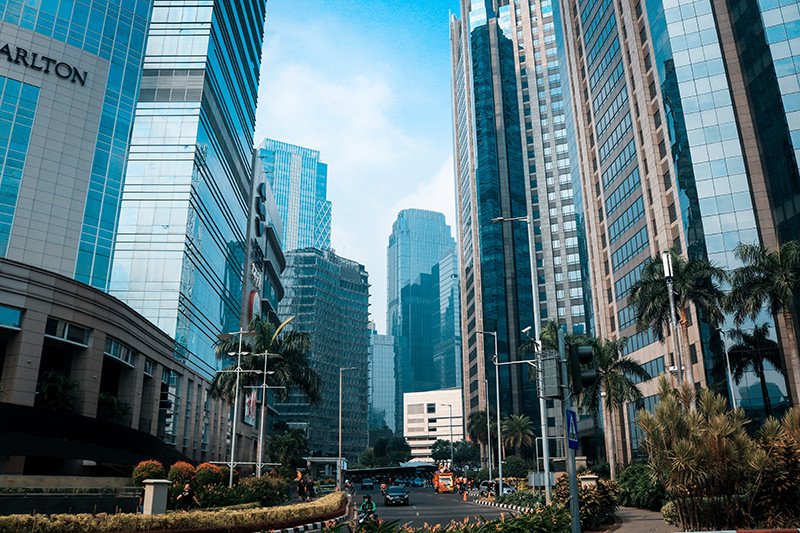Ade Miranti Karunia, writing for Kompas, is reporting that Airlangga Hartarto, Indonesia’s Coordinating Minister for the Economy, is still optimistic that the Indonesian economy will remain bright next year despite the potential for a global economic recession.
“So next year, Indonesia is quite optimistic,” he said at the Closing of the Job Fair and Vocational Festival at the Jakarta Convention Center (JCC), Sunday (10/30/2022).
He said Indonesia’s economic growth rate is estimated to be in the range of 5-percent in 2022 and 2023. In addition, he said, the International Monetary Fund (IMF) assessed Indonesia as a country that was not affected by global economic uncertainty.
“So, the IMF Managing Director said that Indonesia is the bright spot in the dark. Our economic growth this year is estimated at around 5.2-percent and next year it is also estimated at around 5.2 to 5.3-percent,” said Airlangga.
“The Asia Indo-Pacific region is estimated to grow positively. India is estimated to grow 6-percent, then ASEAN is estimated to grow 5-percent, and China around 4-percent,” he continued.
Thus, continued Airlangga, compared to Europe or America, the Indo-Pacific is still positive. According to him, future world economic growth will be driven by the Indo-Pacific region.
Previously, the Minister of Finance (Menkeu) Sri Mulyani Indrawati said that the current world economic shocks were not “tins.” Therefore, the state revenue and expenditure budget (APBN) has an important role to be able to reduce the shocks that occur. Moreover, global economic shocks are projected to continue next year, even international institutions predict a global recession will occur in 2023.
“It is interesting to study the 2023 State Budget, responding to the challenges of society and the economy, which are continuously under a lot of shock. in the Seminar on Strategies for Achieving a Strong and Sustainable Economy Amid Risks, Friday (28/10/2022). He explained that the global economy had been depressed due to the Covid-19 pandemic, but when it started to recover, it was actually faced with shocks due to the wars between Russia and Ukraine. Now the world is facing a food and energy crisis, a spike in inflation, and the trend of rising interest rates that weakens the economy.
Source: Kompas


